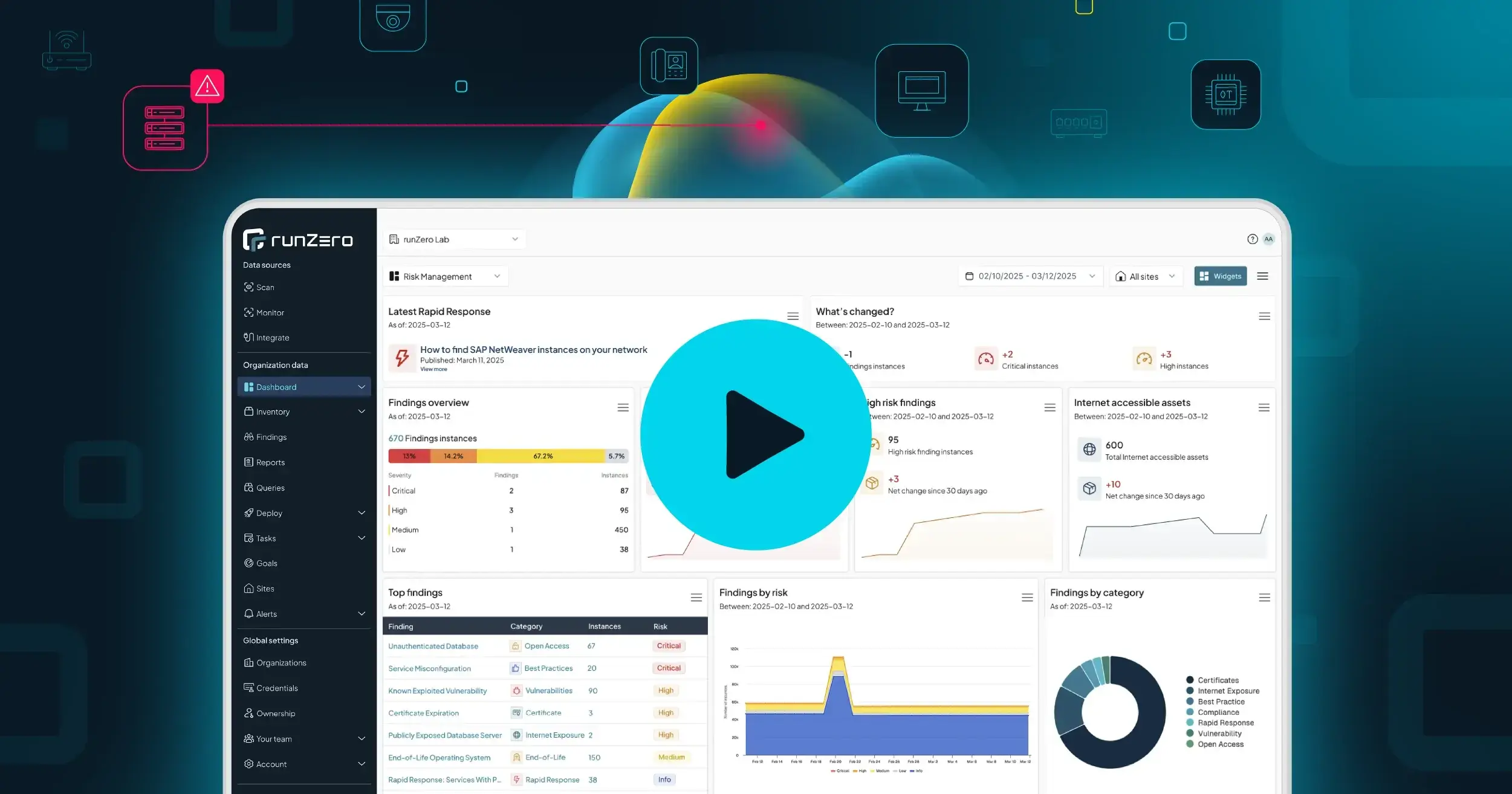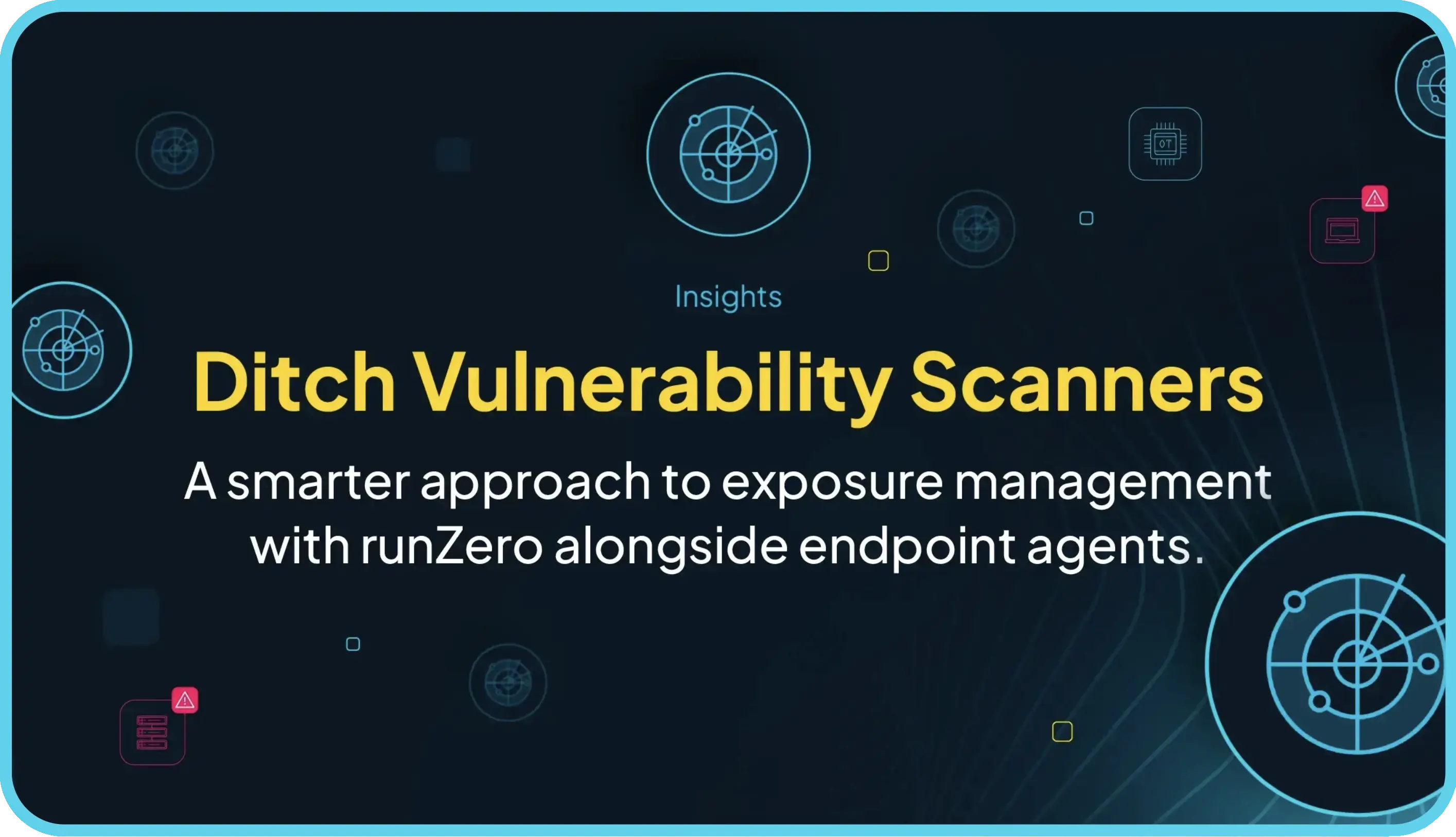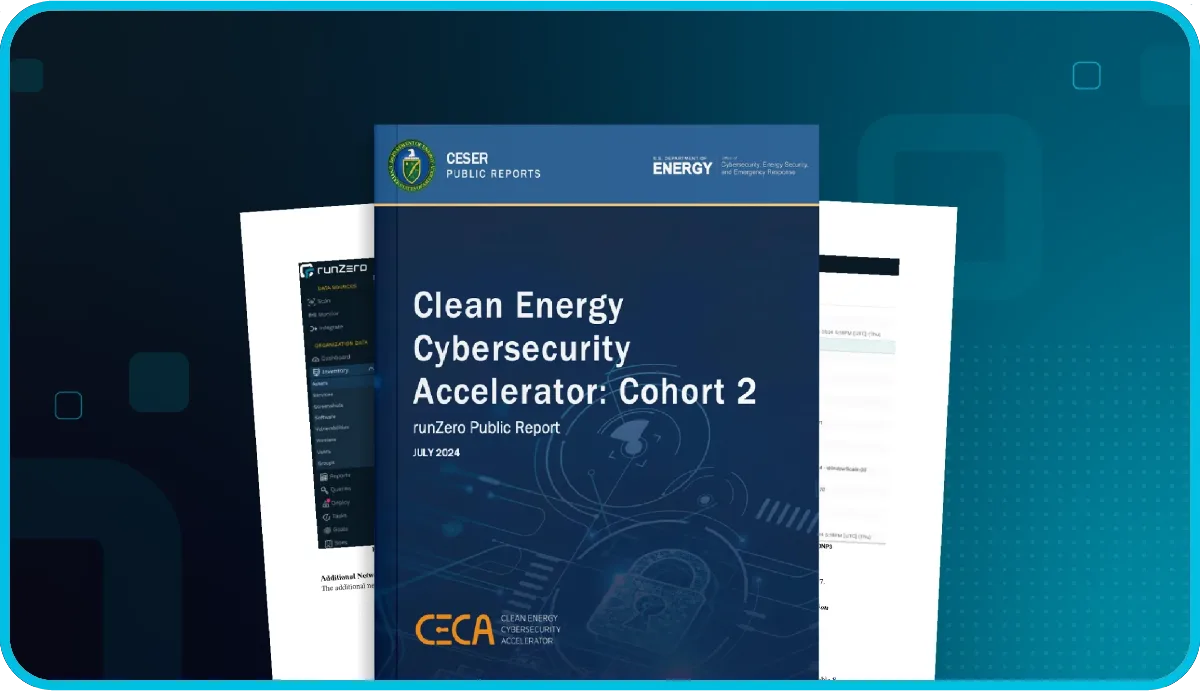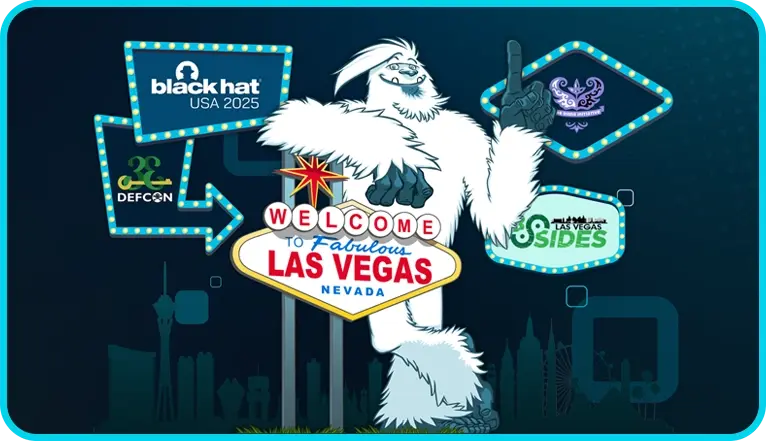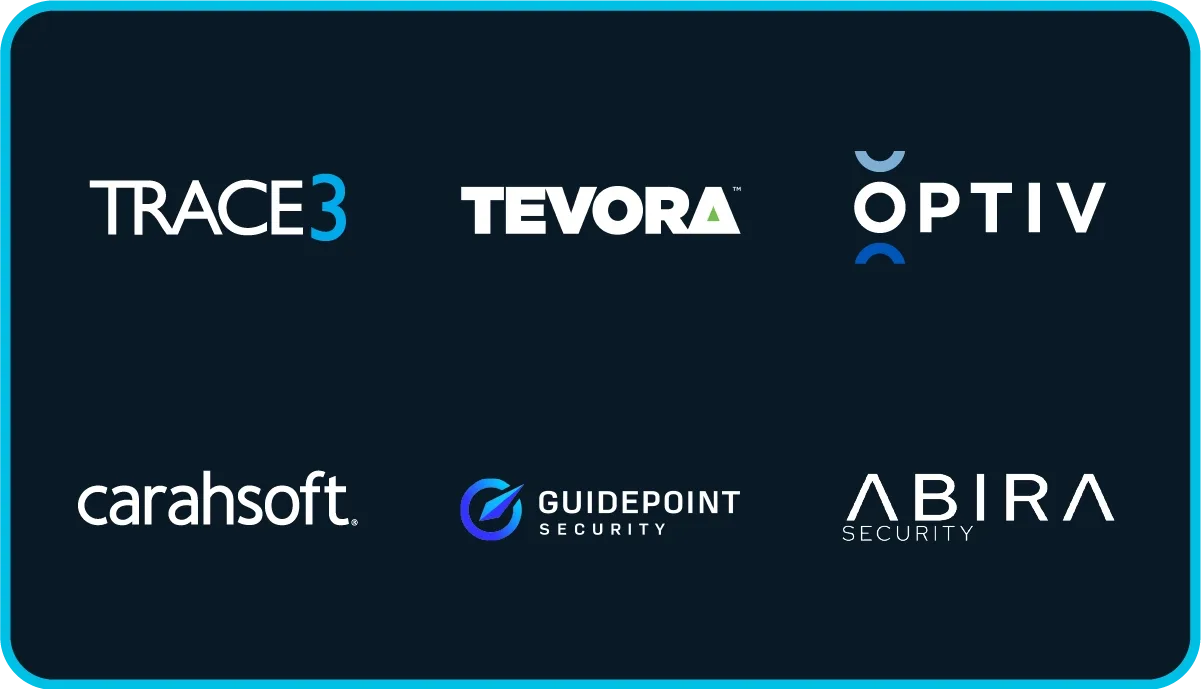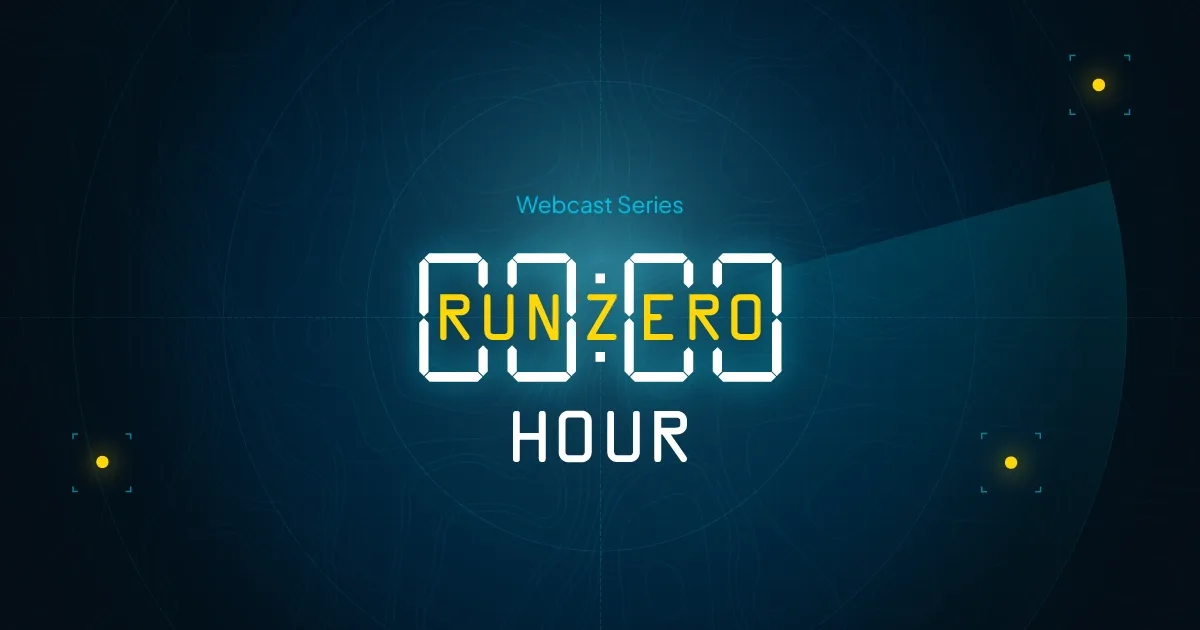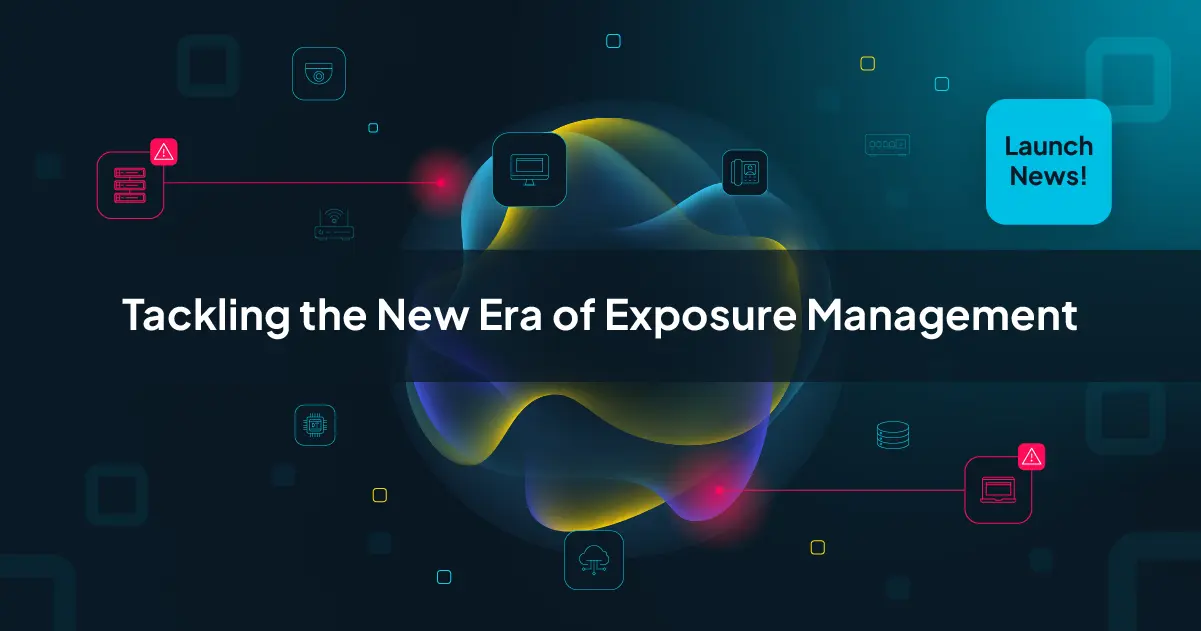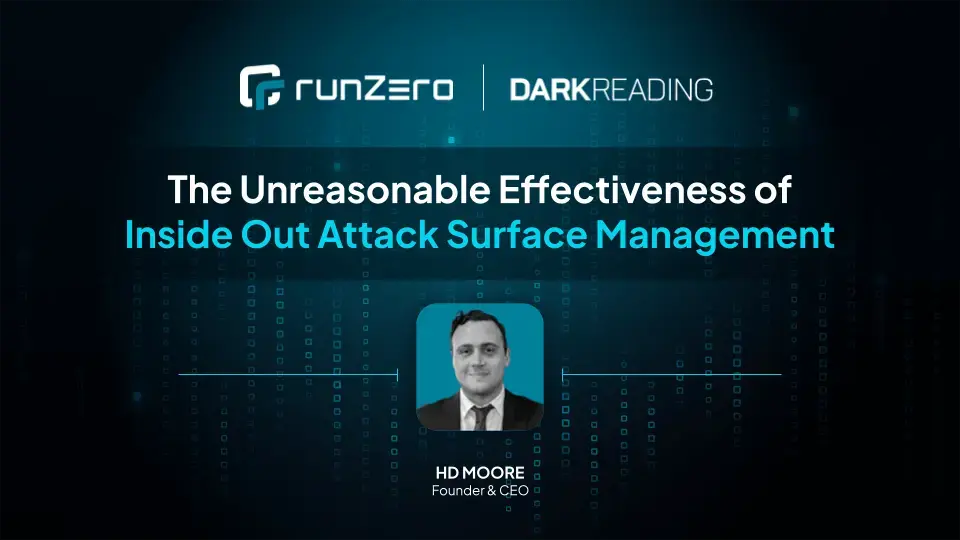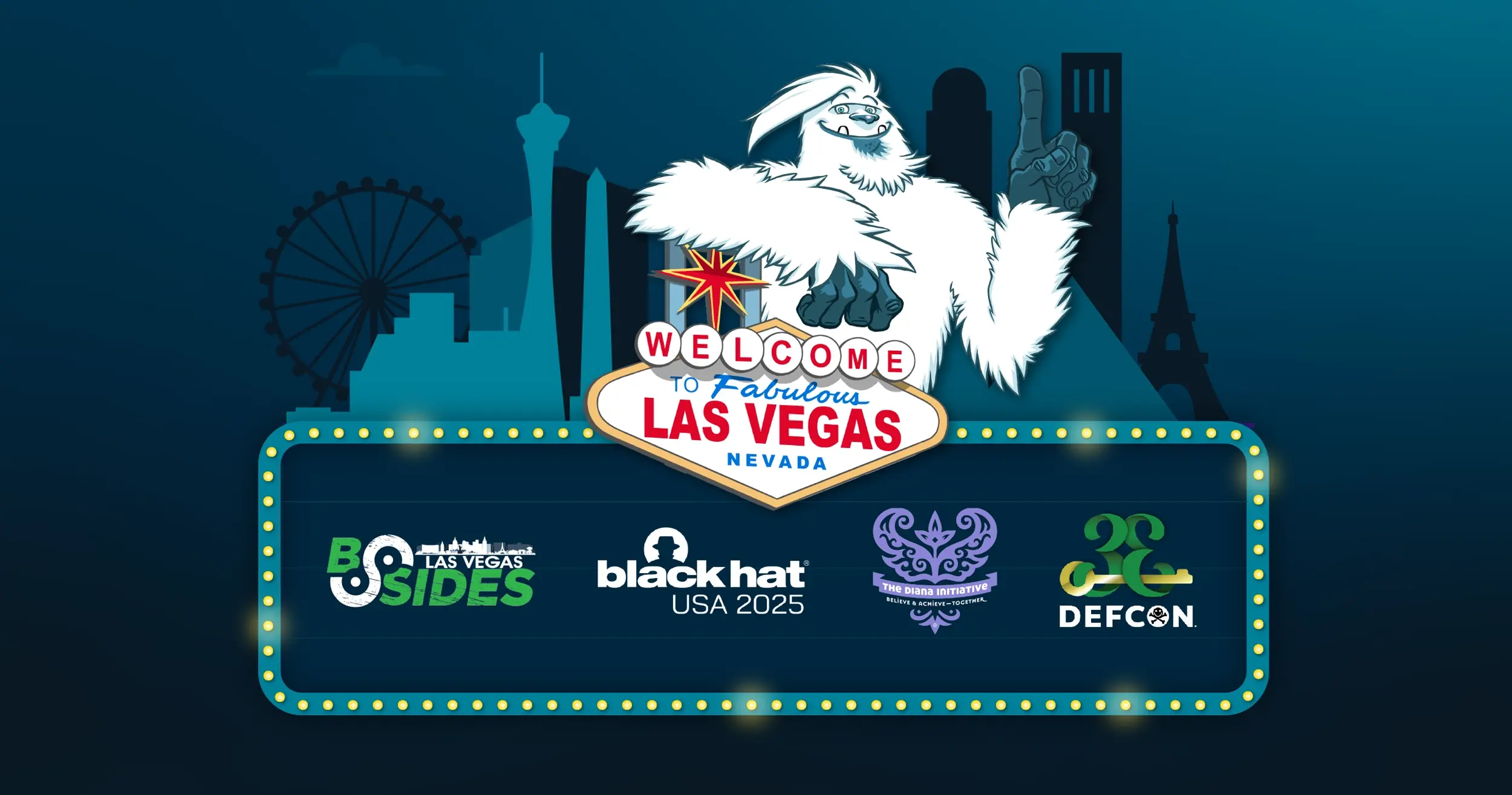Data transparancy is one of the key drivers of Rumble development. We do our best to ensure that any data gathered, transmitted, or downloaded is easy to view, import, export, and reprocess. Data generated by the Rumble Agent can be downloaded and reprocessed by the runZero Scanner. Raw data from the runZero Scanner can be imported into the Rumble Console. This data is consistently formatted and almost always backwards compatible between versions.
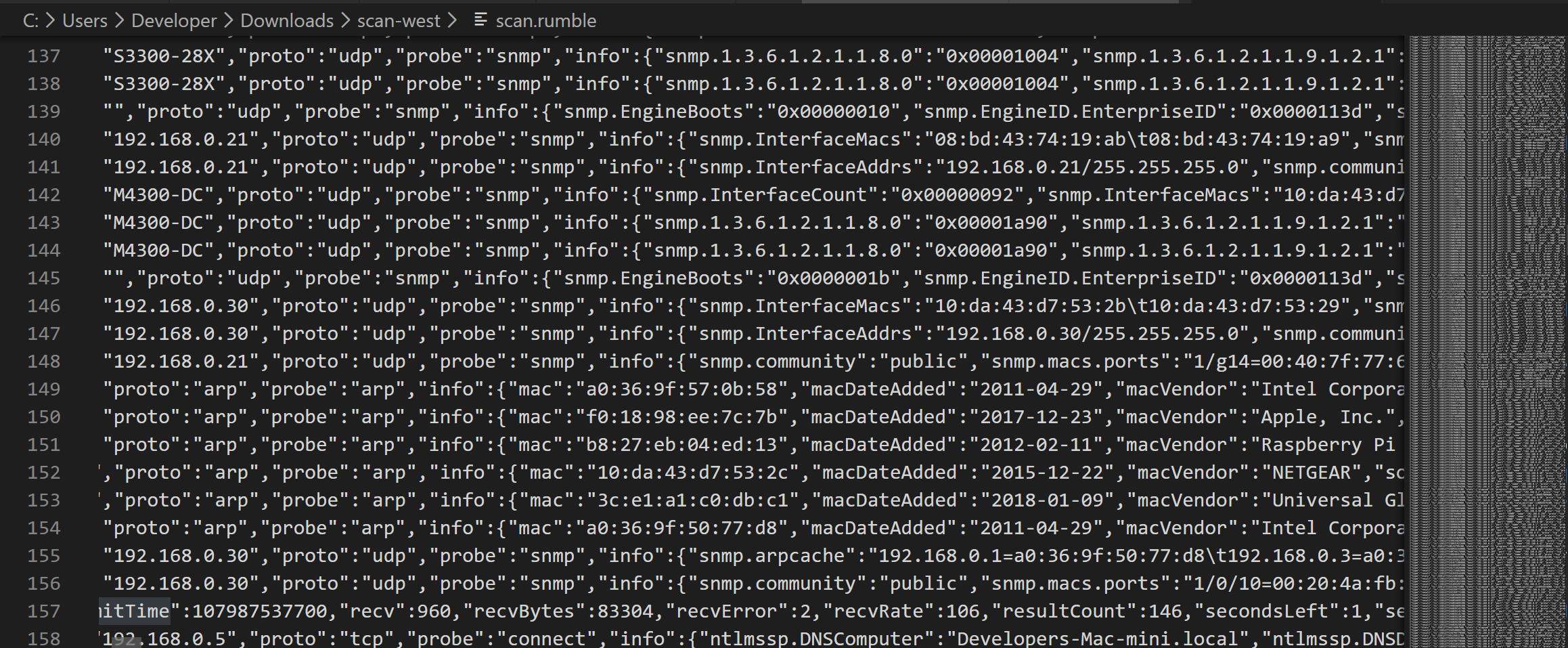
runZero Scanner - version 1.3.1 #
This week we released version 1.3.1 of the runZero Scanner, which adds even more features for working with data and bringing that data back into the cloud console. The new additions include:
-
Support for the
--baselineoption, which accepts anassets.jsonlfile from a previous run, or a JSONL export from the Rumble Console, and uses this as a baseline for normalizing and deduplicating assets. Assets matched against the baseline will carry forward the same UUID values, as well as tags and comments, in the resultingassets.jsonlof the new scan. For folks who primarily use the Scanner (and our OEM integrators), this simplifies the process of asset tracking between scans, allowing the same logic as the cloud backend to be applied to local scan data. -
Support for the
--uploadoption. The runZero Scanner can now upload data directly to the cloud console. If you want more flexibility for how scans are run, when they are run, and from what systems, the Scanner can now be used as a primary driver of scan data for the console. To use this option, specify an Organization API key for the--api-keyparameter and optionally, set the--upload-sitename to the Site to populate. If you want to send data to your own endpoint, you can override the--api-hostparameter and build your own handler for the Import API. -
Support for multiple
--importoptions. This change allows the runZero Scanner to consolidate raw scan data (scan.rumble.gzor the raw task data from the console) into a single output. This works with the--baselineoption to track and correlate assets and with the--uploadoption. The import option works with or without new scan parameters. If you would like to import one more previous scans into a remote site, specify each--importfile, set the--api-key, and an optional--upload-site.
If you haven't had a chance to try the runZero Scanner yet, you can sign up for a free trial and then download the binary for your platform of choice from the Scanner section of the console. For additional information about the Scanner, including the command-line options, take a look at the documentation. We hope you find these additions useful and would love your feedback about what we can do to make Rumble work even better for your use case.
Happy scanning!
-HD
